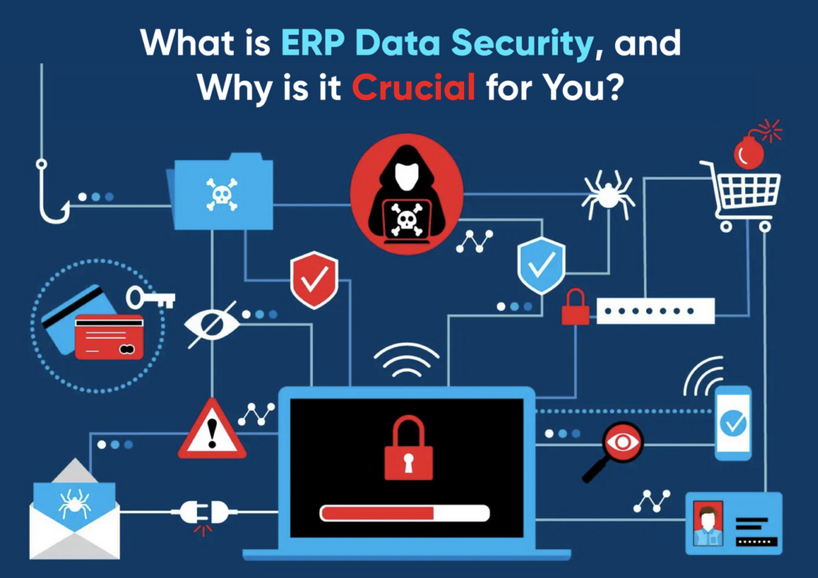
The Surge of Home EV Charging: Addressing Risks Amidst Data Breaches
Exploring the Intersection of Electric Vehicles, Home Charging, and Cybersecurity
As electric vehicles (EVs) continue to gain traction worldwide, the convenience and accessibility of home EV charging solutions have become increasingly prominent. However, with the rise of home EV charging comes a critical consideration: cybersecurity. Recent incidents of data breaches among EV charger installers highlight the urgent need for enhanced cybersecurity measures to safeguard sensitive customer information. In this article, we delve into the burgeoning landscape of home EV charging, the risks associated with data breaches, and the implications for cybersecurity in the future of electric vehicles.
The Rise of Home EV Charging
The adoption of electric vehicles has experienced a remarkable surge in recent years, driven by advancements in battery technology, environmental consciousness, and government incentives. As more consumers embrace electric mobility, the demand for convenient and efficient charging solutions has intensified. Home EV charging offers unparalleled convenience, allowing EV owners to recharge their vehicles overnight in the comfort of their own homes. With the installation of EV charging stations becoming increasingly accessible and affordable, many homeowners are opting to install chargers on their properties, eliminating the need for frequent visits to public charging stations.
Risks of Data Breaches Among EV Charger Installers
Despite the numerous benefits of home EV charging, the industry is not immune to cybersecurity threats. Recent data breaches involving EV charger installers have raised concerns about the security of sensitive customer information. In these breaches, invoices and customer data were compromised, exposing individuals to the risk of identity theft, financial fraud, and reputational damage. The implications of such breaches extend beyond immediate financial losses, encompassing the erosion of trust, legal repercussions, and operational disruptions for affected individuals and businesses alike.
The Future of Electric Vehicles and Cybersecurity
As the electrification of transportation continues to accelerate, the convergence of electric vehicles and cybersecurity becomes increasingly paramount. The future of electric mobility hinges on the ability to ensure the integrity, confidentiality, and availability of data across the EV ecosystem. From vehicle-to-grid communication to smart charging infrastructure, interconnected systems present both opportunities and challenges for cybersecurity professionals.
Moving forward, stakeholders in the electric vehicle industry must prioritize cybersecurity as a fundamental aspect of EV infrastructure development and deployment. This entails implementing robust encryption protocols, multifactor authentication mechanisms, and intrusion detection systems to fortify defenses against cyber threats. Furthermore, collaboration between industry players, government agencies, and cybersecurity experts is essential to establish standards, guidelines, and best practices for securing EV charging networks and protecting consumer data.
In conclusion, the rise of home EV charging heralds a transformative shift in the automotive landscape, offering unprecedented convenience and sustainability benefits. However, the proliferation of EV charging infrastructure also underscores the critical importance of cybersecurity in safeguarding sensitive customer information and ensuring the resilience of electric mobility systems. By proactively addressing cybersecurity risks and fostering a culture of vigilance and accountability, we can pave the way for a safer, more secure future of electric vehicles.


